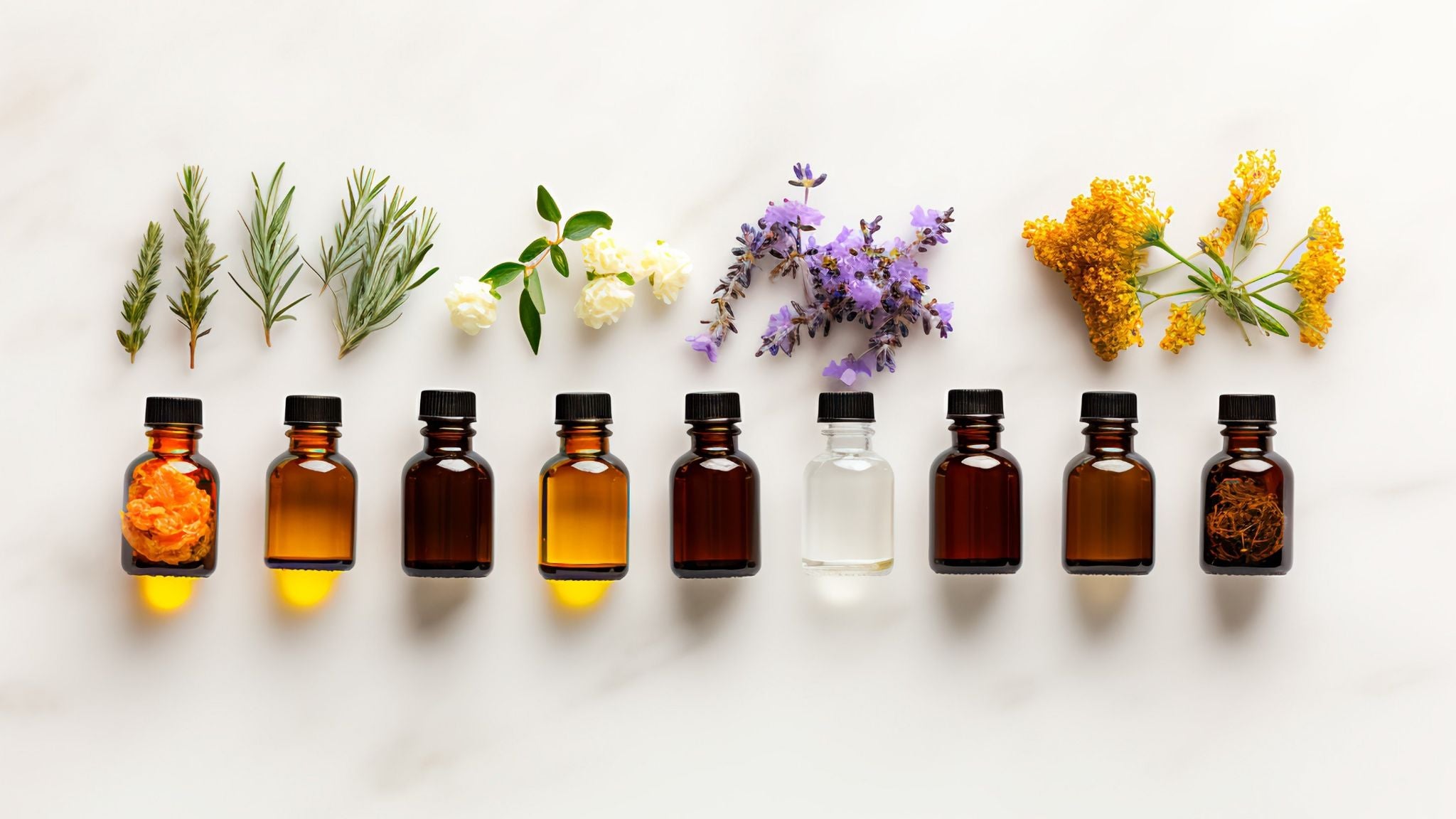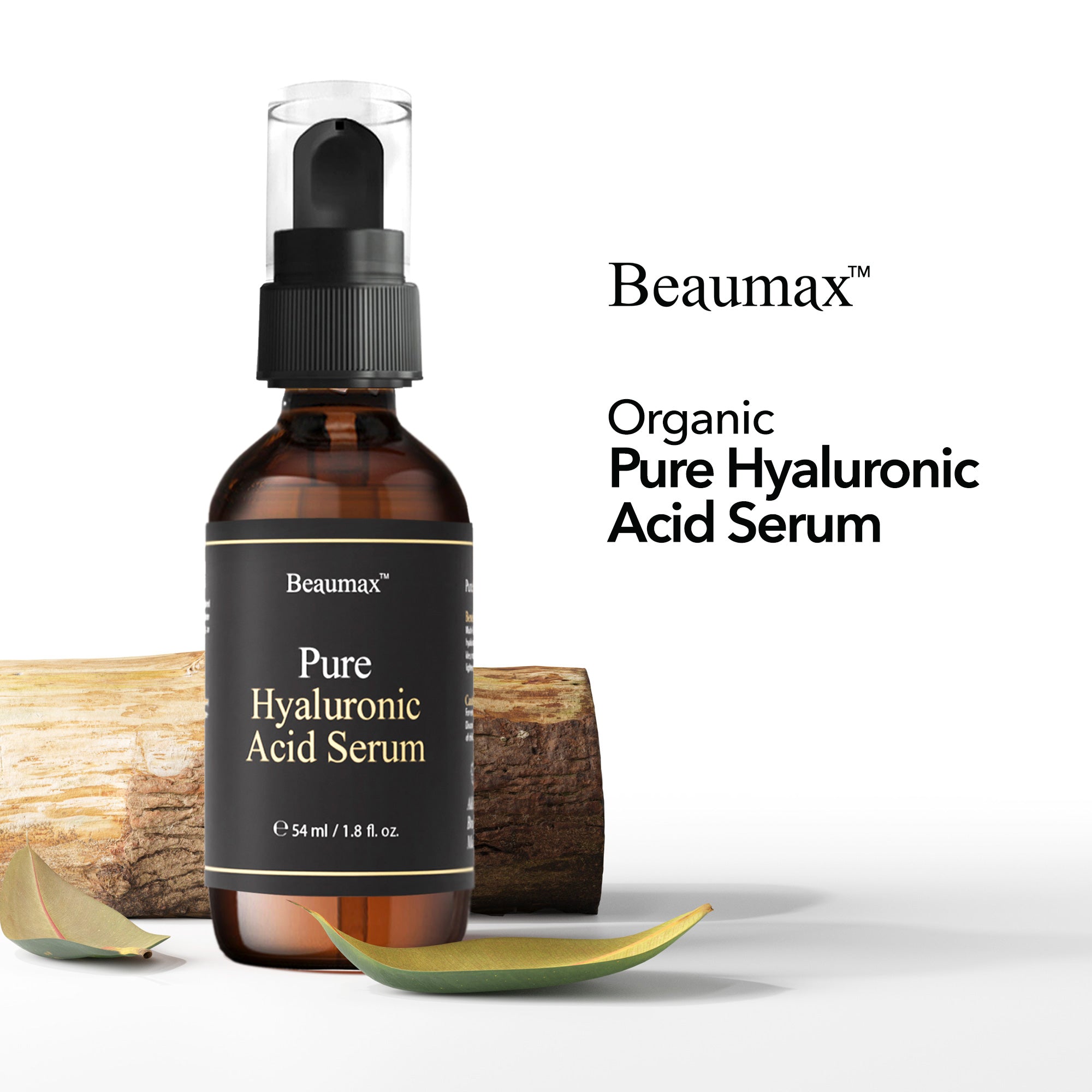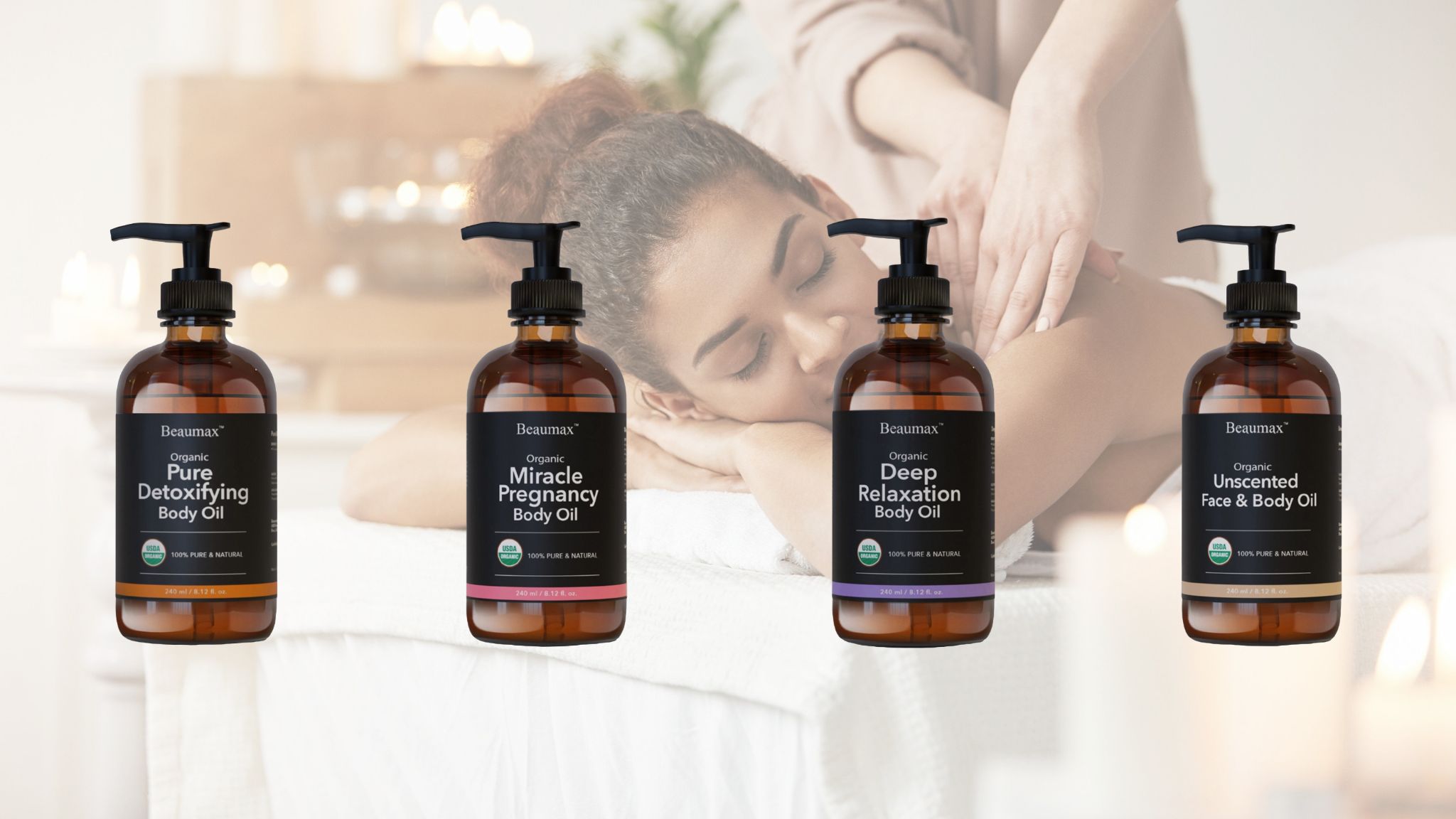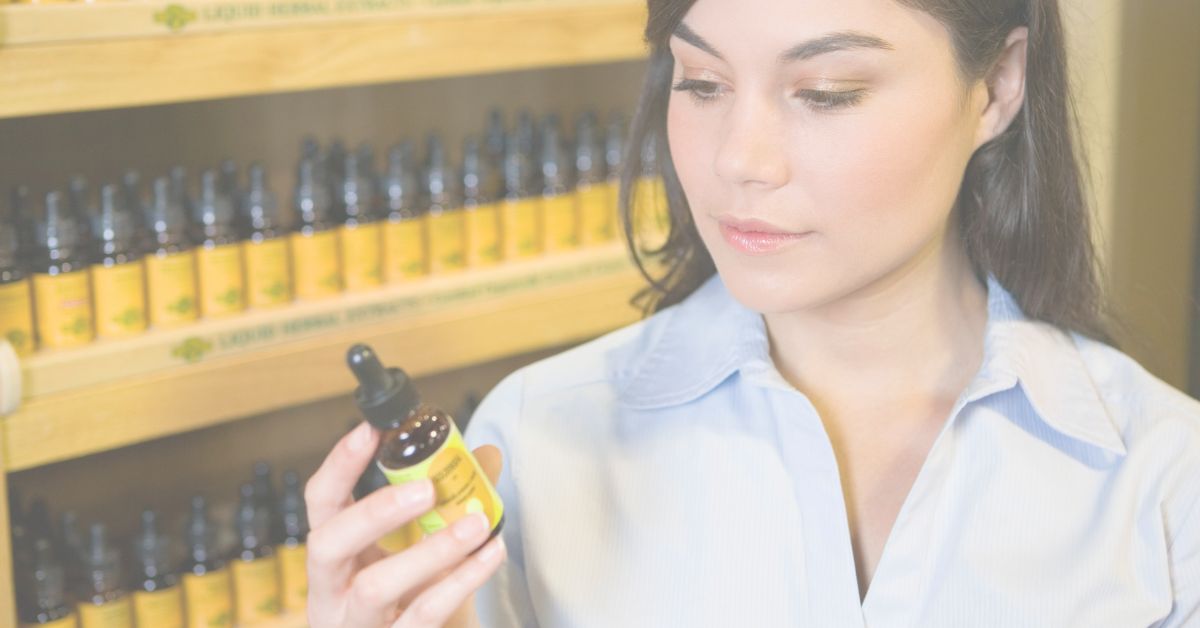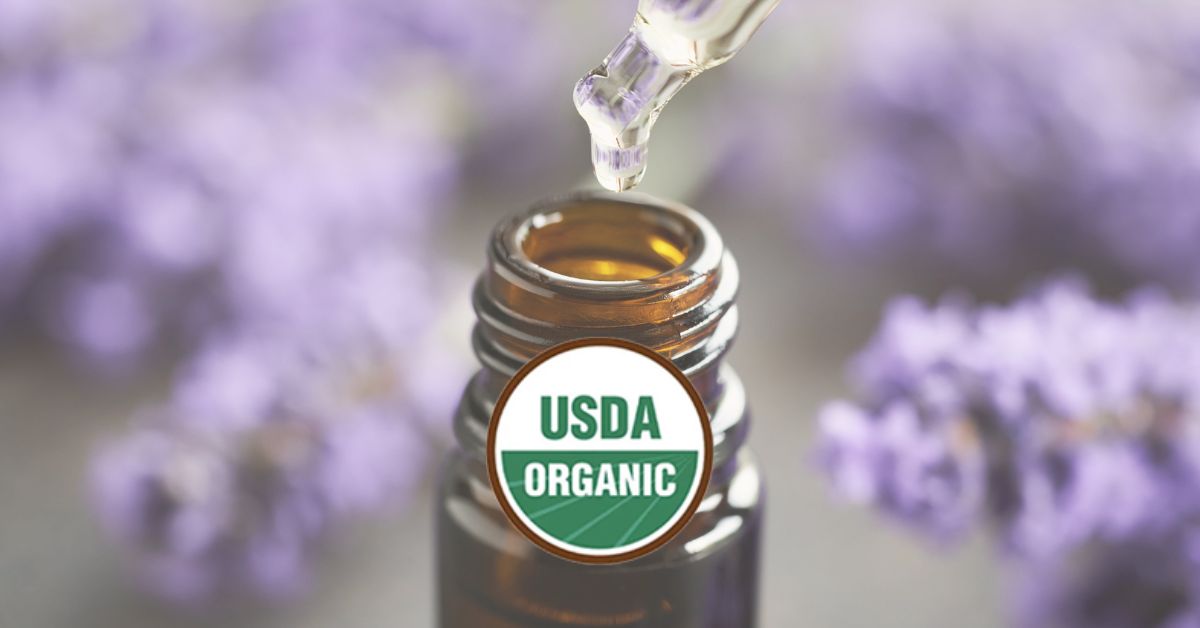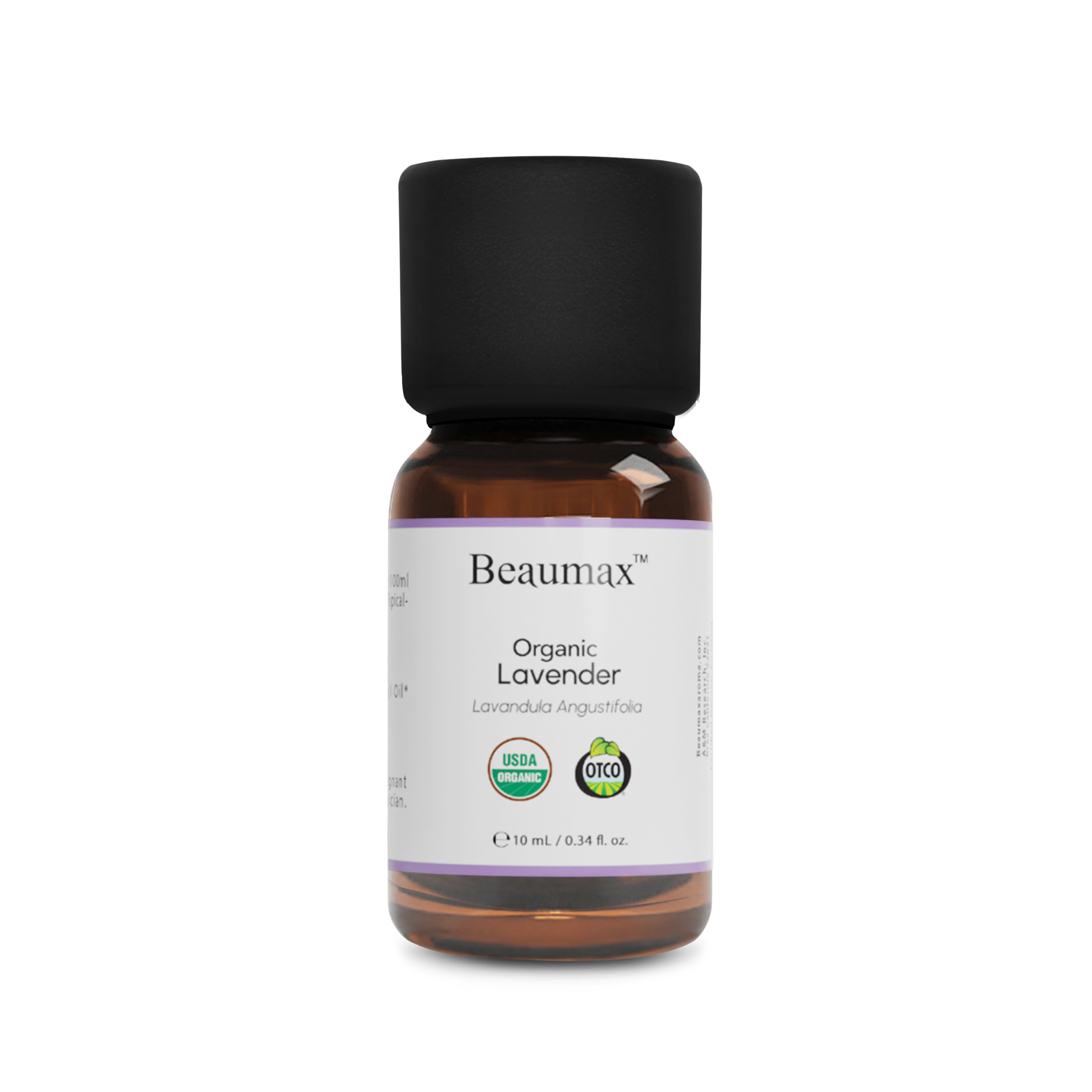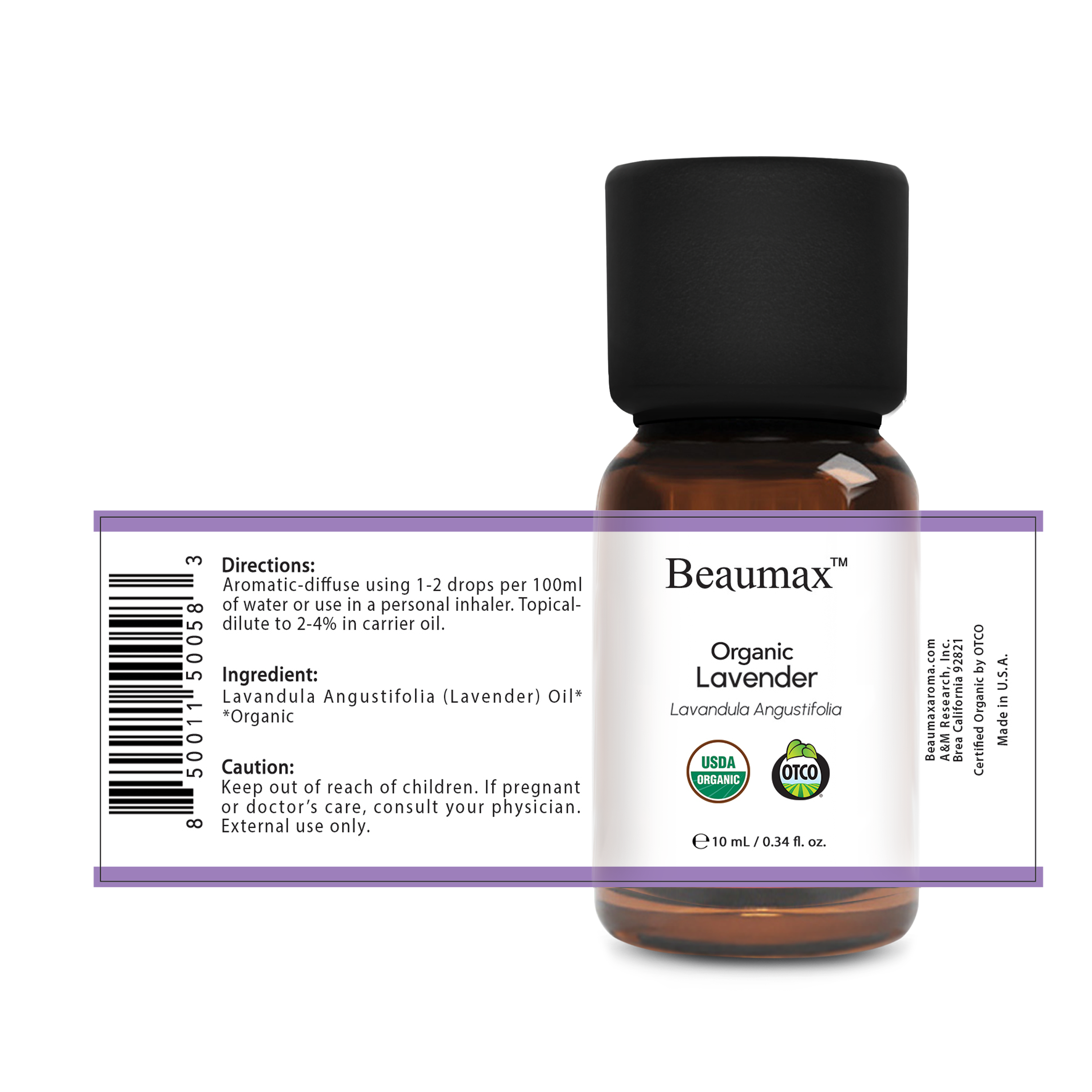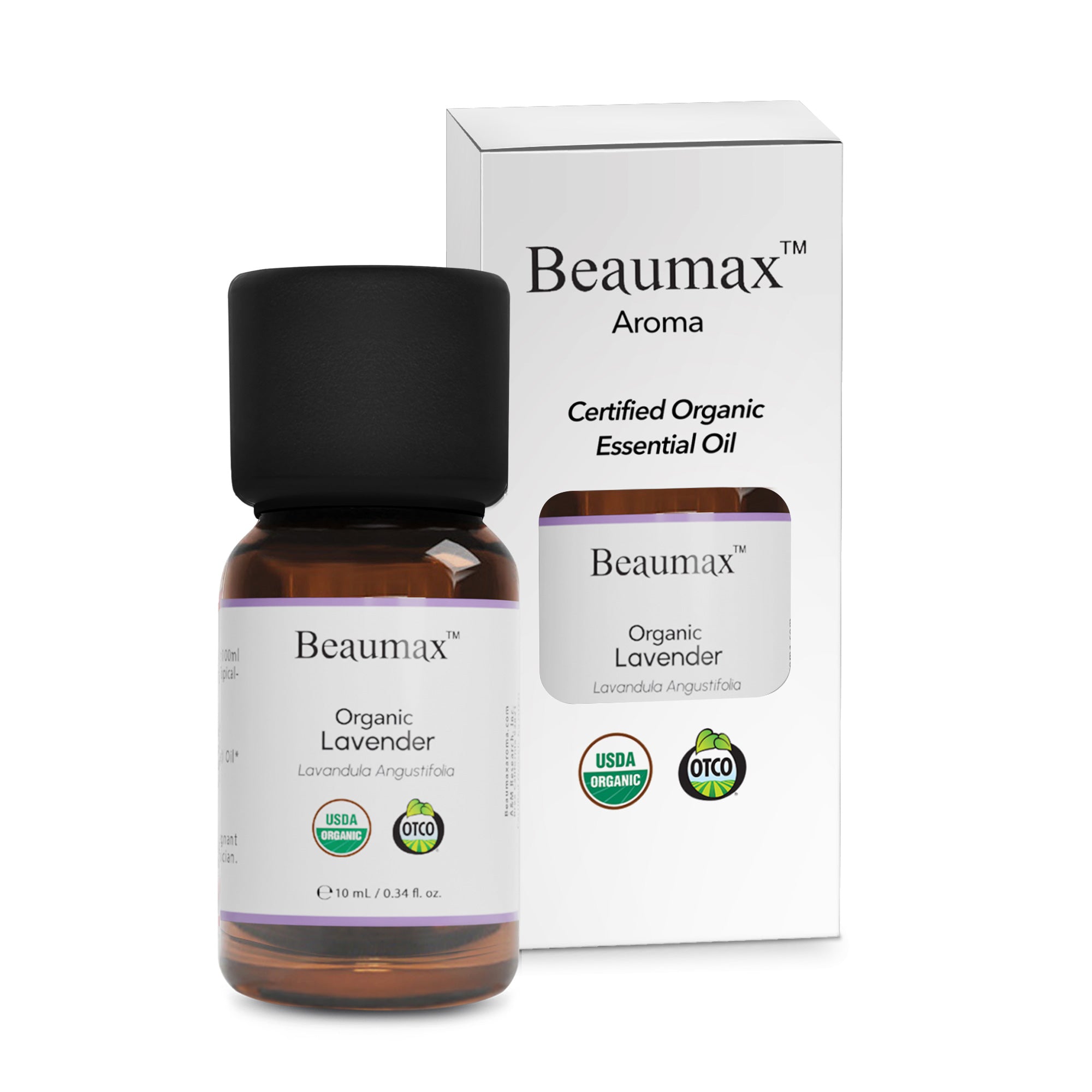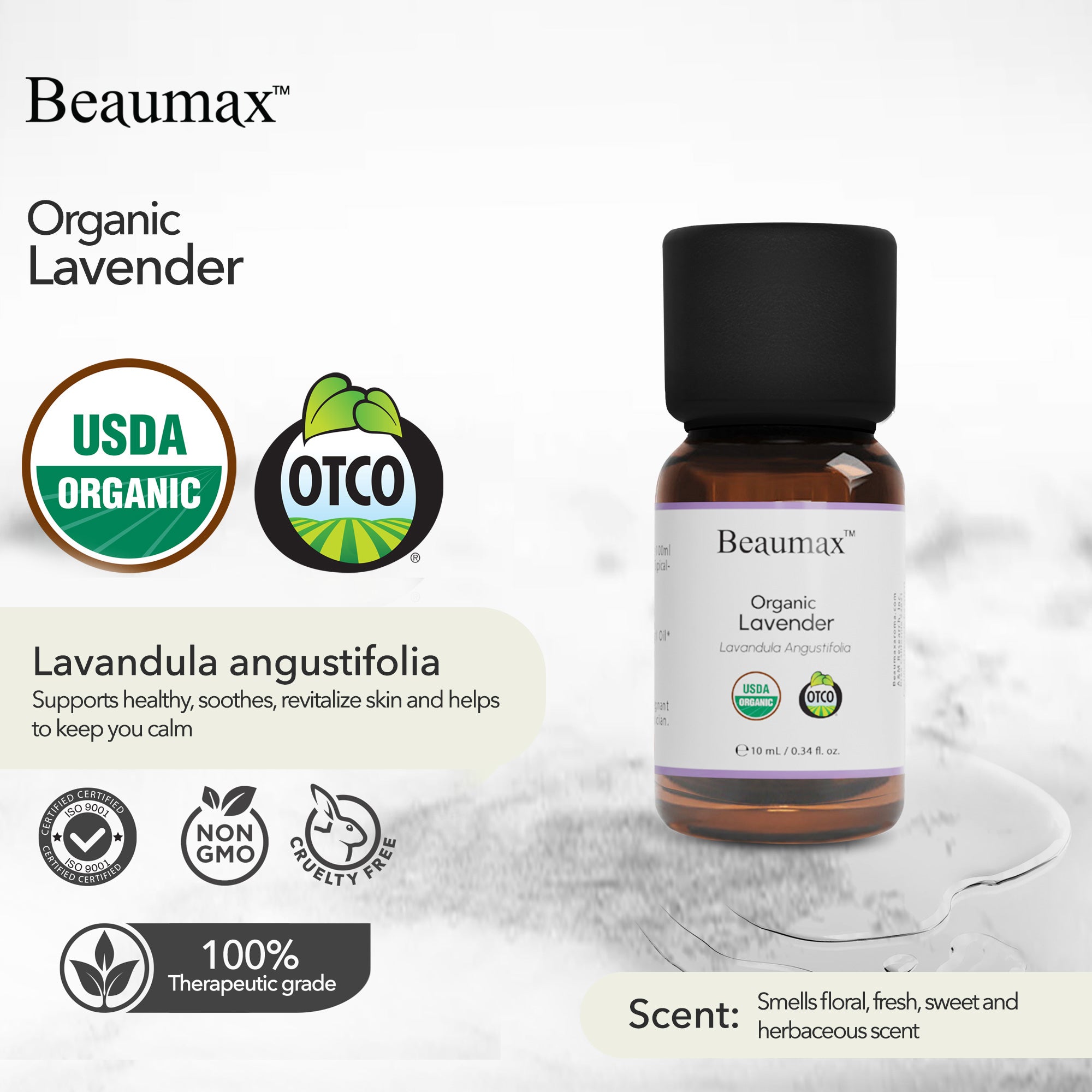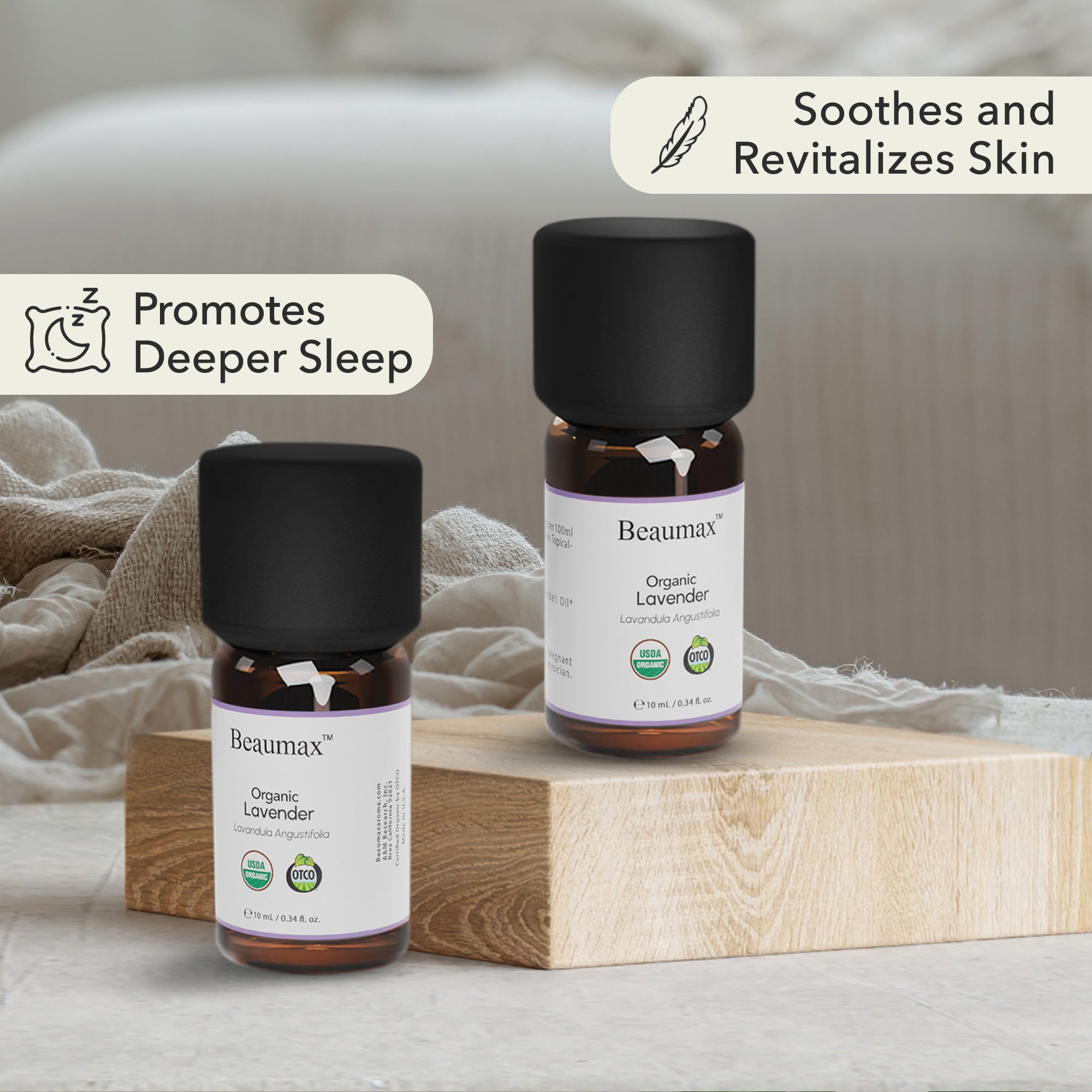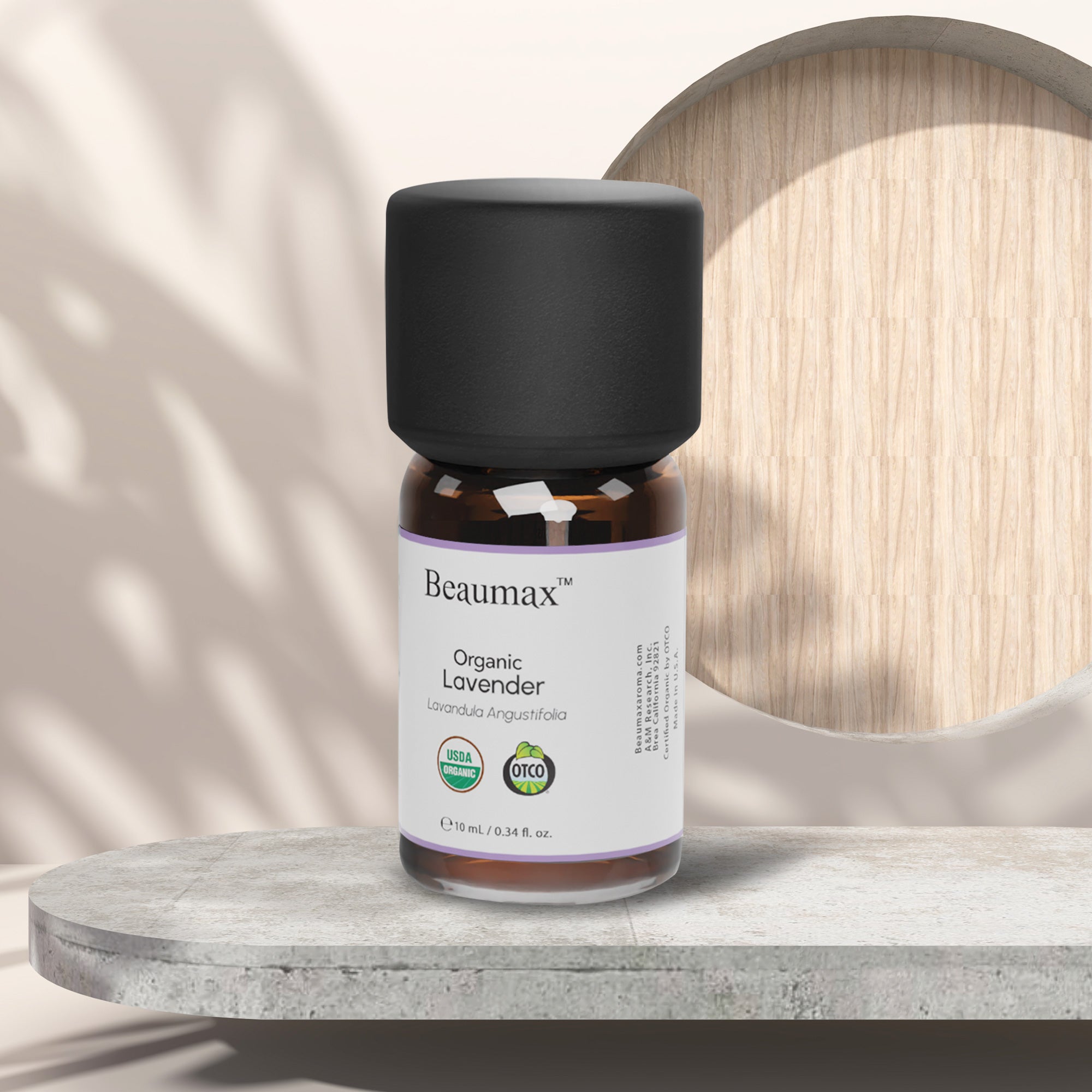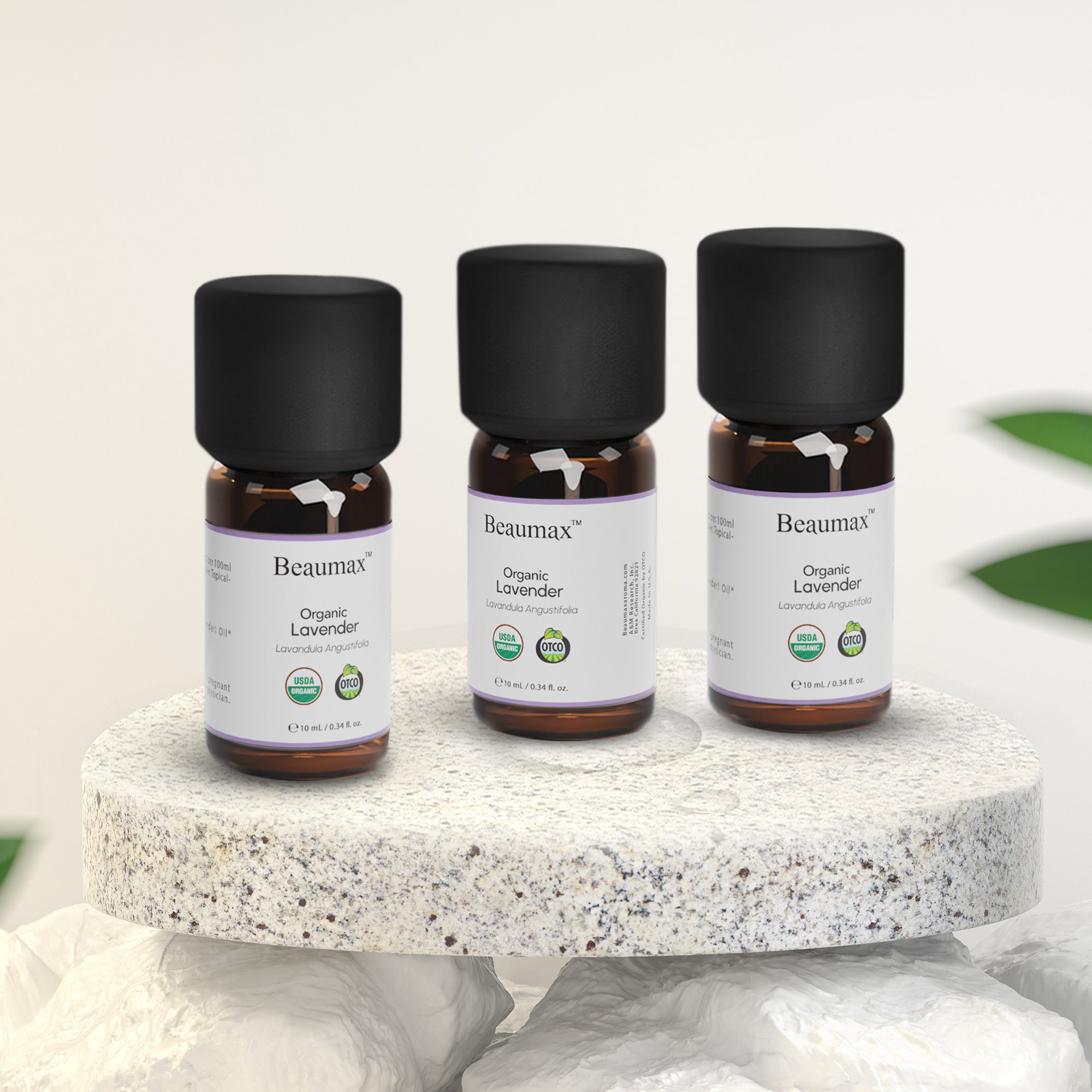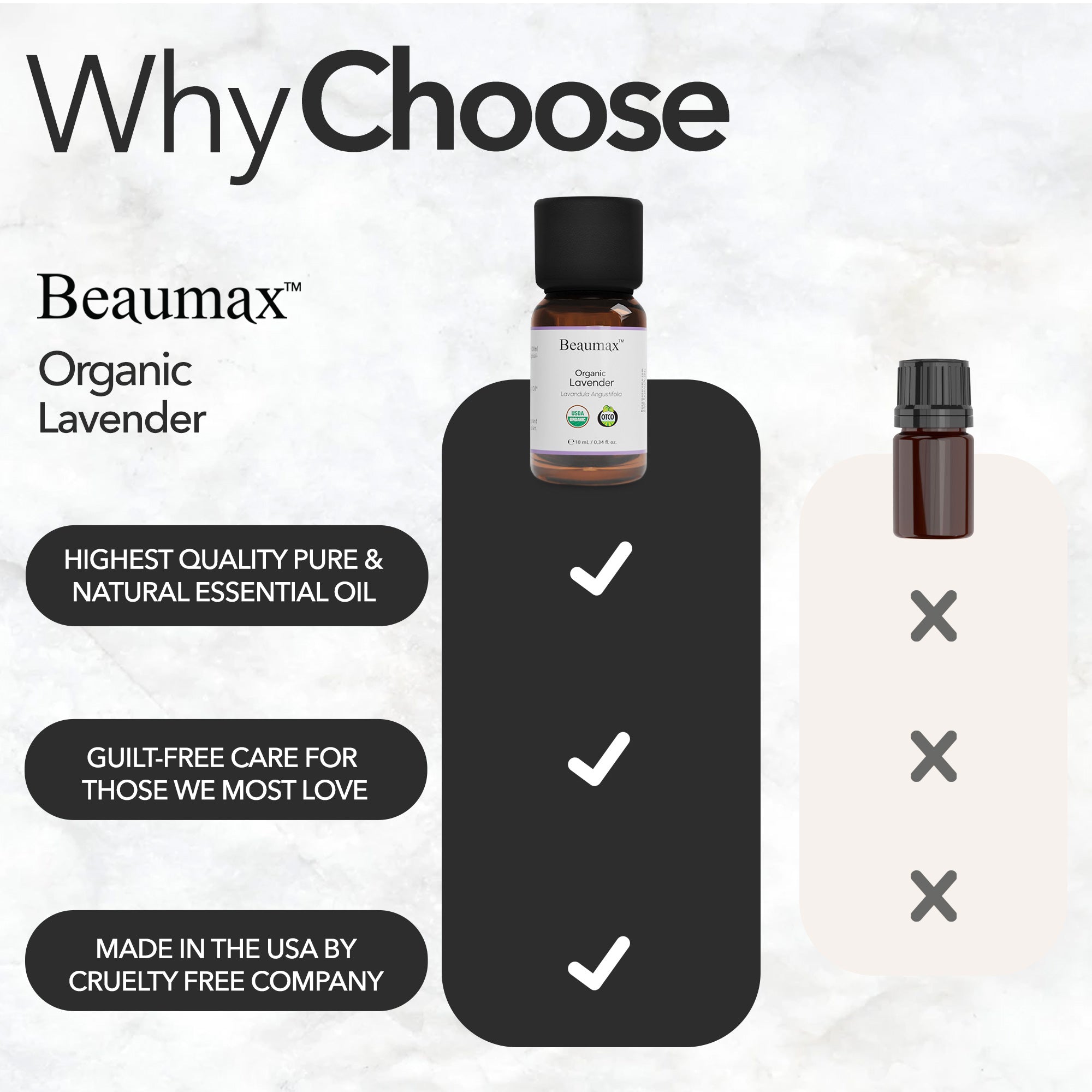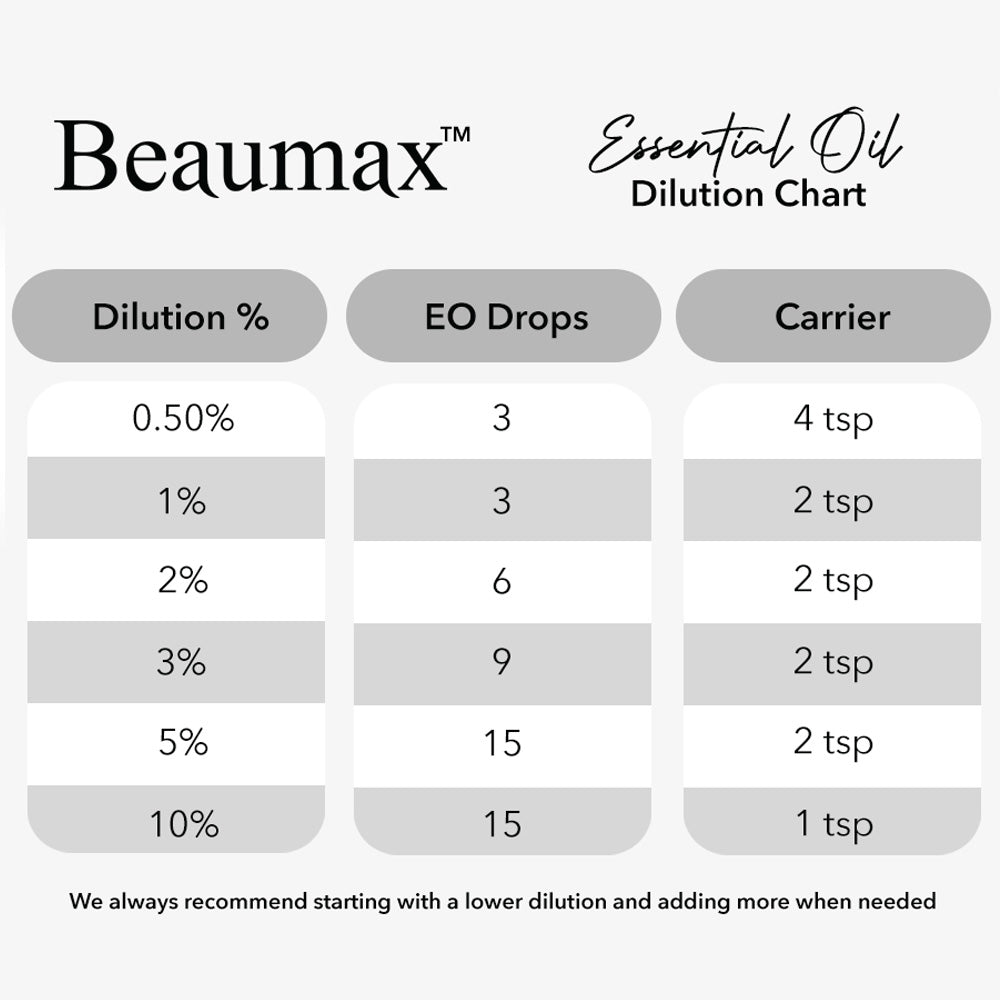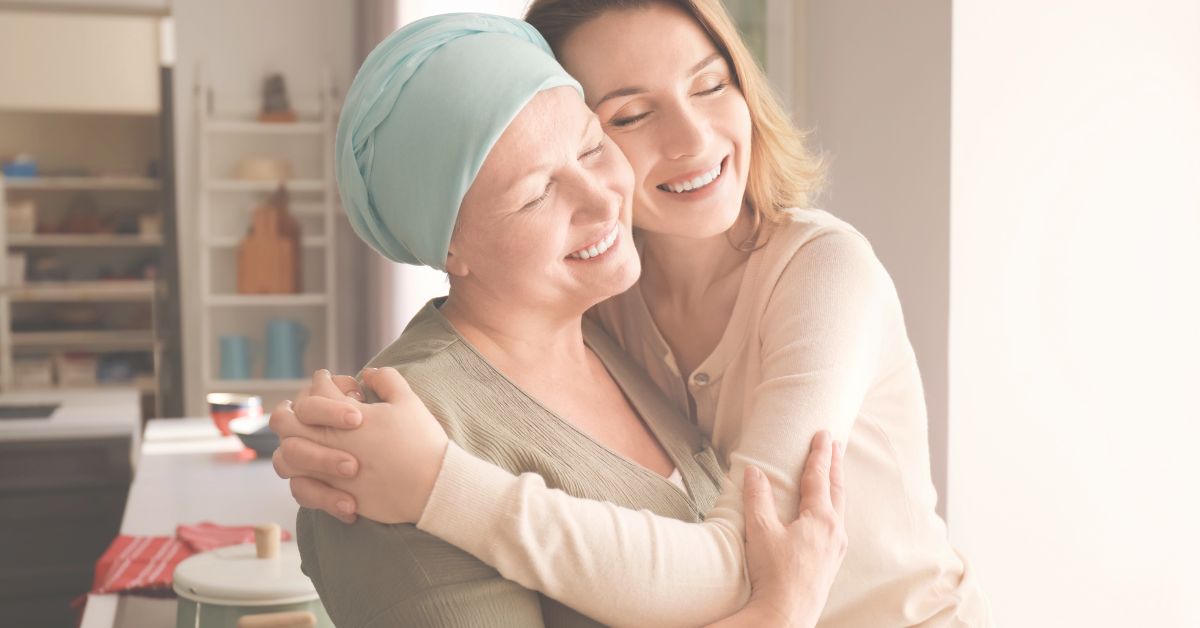
Journeying Through Cancer with the Power of Aroma
When cancer becomes part of your story, everything changes. The diagnosis, the treatments, the uncertainty—each day can feel like navigating uncharted waters. In those moments when the weight feels heaviest, when anxiety knots in your chest, or when you simply need to feel grounded again, sometimes the smallest gestures of comfort make the biggest difference.
This is where the ancient practice of aromatherapy meets modern challenges—not as a cure, not as treatment, but as a gentle companion on your journey. A drop of lavender before bed. The calming breath of frankincense during a difficult moment. The uplifting whisper of bergamot when you need hope.
These aren't just pleasant scents. They're pathways to moments of peace. They're tools for reclaiming small pieces of control in a situation that often feels beyond your control. They're reminders that while you're going through something incredibly difficult, you can still find softness, stillness, and moments of genuine comfort.
Important Disclaimer: Aromatherapy is a complementary practice that supports emotional wellbeing and comfort—it is not a treatment for cancer. Always consult your oncology team before introducing new practices, as some essential oils may interact with treatments or be contraindicated during certain therapies. This article is intended to provide information about supportive care options to discuss with your healthcare providers.
Understanding Aromatherapy as a Companion, Not a Cure
Let's be clear from the start: aromatherapy does not treat cancer. What it can do—and what research increasingly supports—is provide meaningful comfort for some of the emotional and physical challenges that accompany a cancer journey.
What the Science Actually Says
Research on aromatherapy in oncology settings focuses on quality of life improvements, not disease treatment. Studies published in journals like Supportive Care in Cancer and Cancer Nursing have examined how certain essential oils may help with:
Anxiety and Emotional Distress: Clinical trials have shown that lavender aromatherapy can reduce anxiety scores in cancer patients before and after procedures. The mechanism is neurological—specific compounds in therapeutic-grade lavender can influence the brain's limbic system, which governs emotional responses.
Nausea and Digestive Discomfort: Peppermint and ginger aromatherapy have been studied as complementary approaches for chemotherapy-related nausea. While results vary, many patients report subjective improvement in nausea symptoms when using these scents alongside their prescribed anti-nausea medications.
Sleep Quality: Sleep disturbances affect up to 60% of cancer patients. Research indicates that lavender aromatherapy may improve sleep quality scores, potentially through its effect on melatonin production and nervous system regulation.
Stress Response: Chronic stress during cancer treatment can be measured through cortisol levels. Some studies show that aromatherapy with specific oils can modestly reduce cortisol markers, indicating a genuine physiological stress response.
What This Means for You
These findings don't suggest aromatherapy replaces medical treatment. Rather, they indicate that aromatherapy can be a valuable tool in your self-care toolkit—something that works alongside your medical care to support your overall wellbeing.
Why Aroma Matters: The Brain-Scent Connection
When you're going through cancer treatment, your brain and body are under tremendous stress. Chemotherapy, radiation, surgery, hormone therapies—each affects not just cancer cells but your entire system, including your emotional state.
Here's where aromatherapy becomes particularly relevant: your sense of smell is the only sense with direct access to your brain's emotional center (the limbic system). When you inhale therapeutic-grade essential oils, the aromatic molecules travel through your nasal passages and within milliseconds reach the parts of your brain that regulate emotions, memories, stress responses, and even immune function.
The 0.2-Second Journey to Calm
This isn't metaphor—it's measurable neuroscience:
Step 1: Essential oil molecules enter your nasal passages
Step 2: They bind to olfactory receptors (you have millions)
Step 3: Signals travel instantly to your olfactory bulb (part of your brain)
Step 4: Your limbic system responds—before conscious thought
This is why a familiar, comforting scent can instantly shift your emotional state. It's not just psychology; it's direct neurological communication.
Why This Matters During Cancer Treatment
Cancer treatment often feels like an assault on your senses—the chemical smells of treatment centers, the metallic taste in your mouth, the clinical environment. Aromatherapy offers a way to reclaim your sensory experience, to create moments where you control what you smell, how you feel, and what memories you're creating.
Your Comfort Companions: Essential Oils for the Cancer Journey
Not all essential oils are appropriate during cancer treatment, and quality matters profoundly when your immune system may be compromised. Here are some of the most researched and generally well-tolerated options for supportive comfort. Always discuss with your oncology team before use.
Lavender: The Universal Comforter
What It Does: Lavender has been more extensively studied in cancer care settings than almost any other essential oil. Its primary compounds—linalool and linalyl acetate—have demonstrated ability to reduce anxiety, improve sleep quality, and provide general emotional comfort.
The Research: A 2016 systematic review in the Journal of Alternative and Complementary Medicine found that lavender aromatherapy showed consistent benefits for reducing anxiety in cancer patients, particularly around procedural anxiety.
How to Use It:
-
Diffuse before bed to support restful sleep
-
Apply a drop to your pillow or a tissue near your bed
-
Inhale directly from the bottle during moments of stress
-
Add to a warm compress for gentle relaxation
Beaumax Option: BEAUMAX Lavender Essential Oil is USDA Certified Organic and third-party tested for purity—important when your system is sensitive.
Frankincense: Ancient Comfort for Modern Challenges
What It Does: Frankincense has been used in healing rituals for thousands of years. Modern research explores its anti-inflammatory properties and its calming effect on the nervous system. Many cancer patients report that frankincense helps them feel grounded and centered.
The Evidence: While research is still emerging, studies have shown frankincense may help reduce anxiety and support immune function through various pathways. Its anti-inflammatory compounds are being studied in various health contexts.
How to Use It:
-
Diffuse during meditation or quiet moments
-
Blend with a carrier oil for gentle chest or wrist application
-
Use in a personal inhaler for throughout-the-day support
-
Combine with lavender for enhanced calming effects
Beaumax Option: BEAUMAX Frankincense Essential Oil provides the pure, therapeutic-grade quality you need when supporting your body through treatment.
Bergamot: Gentle Mood Support
What It Does: Bergamot is a citrus oil with unique properties—it's both uplifting and calming. Research suggests it can help regulate cortisol (your stress hormone) while supporting mood. Unlike some citrus oils, it's generally gentle and non-irritating.
The Science: Studies have shown that bergamot aromatherapy can reduce anxiety and improve mood states, with some research specifically examining its effects in healthcare settings.
How to Use It:
-
Diffuse in the morning to start your day with gentle positivity
-
Use during meditation or journaling
-
Blend with lavender for balanced emotional support
-
Add to a sugar scrub for gentle self-care moments
Important Note: Bergamot can cause photosensitivity on skin. Avoid sun exposure after topical use.
Beaumax Option: BEAUMAX Bergamot Essential Oil is cold-pressed to preserve its delicate therapeutic compounds.
Peppermint: For Nausea and Digestive Comfort
What It Does: Peppermint is one of the most studied oils for nausea relief. Its primary compound, menthol, has been shown to help ease nausea and digestive discomfort—common challenges during chemotherapy.
The Research: Multiple studies have examined peppermint aromatherapy for chemotherapy-induced nausea. While it doesn't replace anti-nausea medications, many patients report it provides additional relief and comfort.
How to Use It:
-
Inhale directly from the bottle when feeling nauseous
-
Add a drop to a tissue and keep nearby during treatment
-
Use in a personal inhaler for discrete use in medical settings
-
Diffuse at home for general digestive comfort
Safety Note: Peppermint can be stimulating. Avoid before bed and use cautiously if you have gastroesophageal reflux.
Beaumax Option: BEAUMAX Peppermint Essential Oil provides pure menthol content for optimal comfort benefits.
Chamomile Blue: Deep Calm for Deep Challenges
What It Does: German Chamomile (Chamomile Blue) contains chamazulene, giving it a distinctive blue color and powerful calming properties. It's traditionally used for deep relaxation and may help with inflammation and skin irritation.
The Benefit: While less studied in cancer settings specifically, chamomile's long history of use for anxiety and stress makes it a gentle option for emotional support. Its anti-inflammatory properties are being explored in various contexts.
How to Use It:
-
Diffuse during evening hours for deep relaxation
-
Add to a carrier oil for gentle, soothing massage
-
Blend with lavender for enhanced sleep support
-
Use in a warm compress for comfort
Beaumax Option: BEAUMAX Chamomile Blue Essential Oil offers the pure, gentle support of authentic German chamomile.
Creating Your Personal Comfort Rituals
Aromatherapy becomes most powerful when integrated into consistent, meaningful rituals—small moments throughout your day where you pause, breathe, and reconnect with yourself.
Morning Ritual: Starting the Day with Intention
The Practice: Before you think about appointments, treatments, or challenges ahead, give yourself five minutes with uplifting aromatherapy.
How to Do It:
-
Diffuse bergamot or a citrus blend in your bedroom
-
While it diffuses, sit comfortably and simply breathe
-
Set a gentle intention: "Today, I move through this with grace"
-
Take three deep breaths, focusing on the aroma
-
Carry this sense of calm into your day
Why It Works: Starting your day with intentional calm activates your parasympathetic nervous system—your body's rest-and-restore mode. This creates physiological resilience for whatever the day brings.
Treatment Day Support: Your Comfort Toolkit
What to Bring: Many cancer centers allow personal comfort items. Consider packing:
-
A personal inhaler with your chosen essential oil
-
A small roller bottle with diluted oil for wrist application
-
A scented tissue or handkerchief
-
A favorite soft scarf lightly misted with calming aromatics
During Treatment:
-
Use your inhaler before, during, or after procedures
-
Focus on the aroma while receiving treatment
-
Let it become an anchor—a reminder that you're supported
Why It Works: Having a comfort tool you control can reduce anxiety and help create positive associations even in clinical settings.
Evening Wind-Down: Reclaiming Rest
The Practice: Cancer and treatment can severely disrupt sleep. An aromatherapy evening routine signals to your body that it's time to rest.
How to Do It:
-
One hour before bed, start diffusing lavender
-
Take a warm bath or shower (if appropriate for your treatment)
-
Apply diluted lavender to pulse points or chest
-
Create a cool, dark sleeping environment
-
Practice gentle breathing while focusing on the calming scent
Additional Support: Consider BEAUMAX Peaceful Night Synergy Oil—a blend specifically crafted to support restful sleep.
Nausea Moments: Quick Comfort
The Practice: When nausea strikes, having immediate comfort available matters.
How to Do It:
-
Keep peppermint or ginger aromatherapy immediately accessible
-
At first signs of nausea, inhale deeply from the bottle
-
Continue slow, deep breaths while focusing on the scent
-
Use alongside your prescribed anti-nausea medication
Why It Works: The menthol in peppermint can have an almost immediate effect on nausea receptors, providing rapid (if temporary) relief.
Safety Considerations: When Gentleness Matters Most
During cancer treatment, your body is working incredibly hard. This means aromatherapy safety becomes even more critical.
Always Discuss With Your Oncology Team
Some essential oils can interact with chemotherapy drugs, interfere with treatment effectiveness, or be contraindicated for specific cancer types. Your oncologist needs to know about everything you're using, including aromatherapy.
Oils to Generally Avoid During Active Treatment
While individual situations vary, these oils are often cautioned against:
-
Hormone-sensitive oils (clary sage, fennel) if you have hormone-related cancers
-
Immune-stimulating oils (oregano, thyme) if you're on immunosuppressant therapies
-
Blood-thinning oils (wintergreen, birch) if you have low platelet counts
-
Photosensitizing oils (most citrus) if you're receiving radiation
Quality is Non-Negotiable
When your immune system may be compromised, you cannot risk low-quality or adulterated oils. Look for:
-
USDA Certified Organic certification
-
Third-party testing documentation
-
GC/MS analysis available
-
Companies that operate under FDA-registered, GMP-certified facilities
Why Beaumax: All Beaumax aromatherapy oils are USDA Certified Organic and filled in an FDA-registered facility operating under ISO 22716 (Cosmetic GMP) and ISO 13485 (Medical Device Quality Management) standards. When your health is vulnerable, these certifications matter.
Dilution is Essential
During cancer treatment, your skin may be more sensitive. Always dilute essential oils before topical use:
-
Standard dilution: 2-3 drops per teaspoon of carrier oil
-
Sensitive skin dilution: 1 drop per teaspoon of carrier oil
-
Inhalation: No dilution needed, but start with shorter exposure times
Trust Your Body
If any oil causes discomfort, headache, or negative reaction, stop using it immediately. Your body's feedback is the most important guide.
Beyond the Oils: Creating a Sanctuary of Comfort
Aromatherapy becomes most powerful when it's part of a broader approach to self-compassion during your cancer journey.
Your Environment Matters
Create spaces in your home that feel like sanctuaries:
-
Diffuse calming oils in your bedroom
-
Keep comfort oils by your favorite chair
-
Use aromatherapy during gentle activities you enjoy
-
Let certain scents become associated with peace and safety
Combining Aromatherapy With Other Comfort Practices
Gentle Movement: Use uplifting oils during light stretching or walks
Journaling:Diffuse grounding oils while processing emotions
Meditation:Enhance your practice with frankincense or sandalwood
Connection:Use calming aromatherapy during calls with loved ones
The Power of Choice
In a cancer journey where so much feels beyond your control, choosing your aromatherapy is an act of agency. You decide what you smell. You decide when. You decide what brings you comfort. That choice matters.
Real Stories: Aromatherapy in Cancer Journeys
While respecting privacy, many cancer patients and survivors have shared how aromatherapy supported them:
"During chemo, the smells in the infusion center would trigger my nausea before treatment even started. I started using a peppermint inhaler, and it gave me something else to focus on—something I controlled. It didn't take away the nausea completely, but it made those moments more bearable." — Sarah, breast cancer survivor
"Lavender became my anchor. Every night, no matter how hard the day was, that scent meant 'you're home, you're safe, you can rest.' It was the one thing that stayed constant when everything else felt chaotic." — Michael, lymphoma patient
"I gave my mom a roller bottle with diluted frankincense and bergamot. She would apply it before appointments, and she said it helped her feel grounded. As her caregiver, seeing her have that small tool for comfort meant everything." — Jennifer, daughter and caregiver
Your Journey, Your Comfort
If you're reading this because cancer has touched your life—whether you're the one in treatment, a survivor, or someone who loves someone on this journey—please know this: You deserve comfort. You deserve moments of peace. You deserve gentle tools that support you.
Aromatherapy won't cure cancer. But it can offer something equally important: moments where you remember that even in the hardest times, softness still exists. Peace is still possible. And you have the power to create small sanctuaries of comfort, one breath at a time.
Your Next Steps in Aromatic Support
Start Simple: Choose one oil that resonates with you—lavender for calm, bergamot for hope, or peppermint for nausea comfort.
Talk to Your Team: Bring this article to your oncologist or integrative medicine specialist. Ask which oils would be appropriate for your specific situation.
Begin Small: Try one simple practice—diffusing before bed, or using an inhaler during stressful moments. Let your practice grow naturally.
Trust Your Experience: You are the expert on your comfort. If something feels good and your medical team approves, trust that. If something doesn't serve you, let it go.
Connect With Community: Consider joining support groups where others on cancer journeys share their complementary comfort practices.
The path through cancer is never one anyone would choose. But along that path, there can be moments of unexpected beauty, profound peace, and deep comfort. Aromatherapy is simply one way to create more of those moments.
You are stronger than you know. And you don't have to do this without support—from your medical team, your loved ones, and yes, from the gentle, ancient wisdom of therapeutic aromatherapy.
Discover USDA Certified Organic essential oils specifically chosen for purity, gentleness, and therapeutic quality. When you're navigating cancer, comfort should never be compromised by questionable quality.

